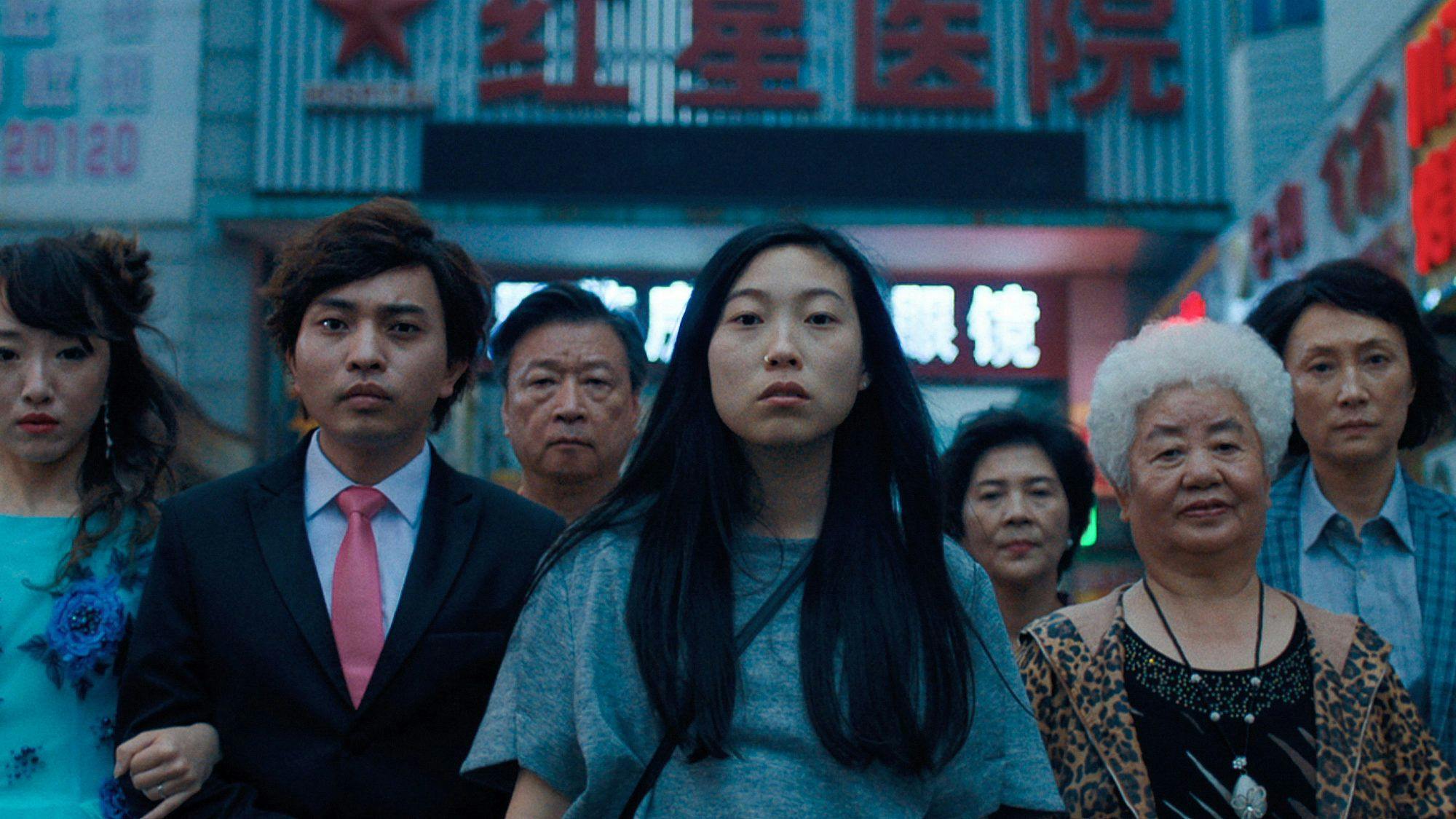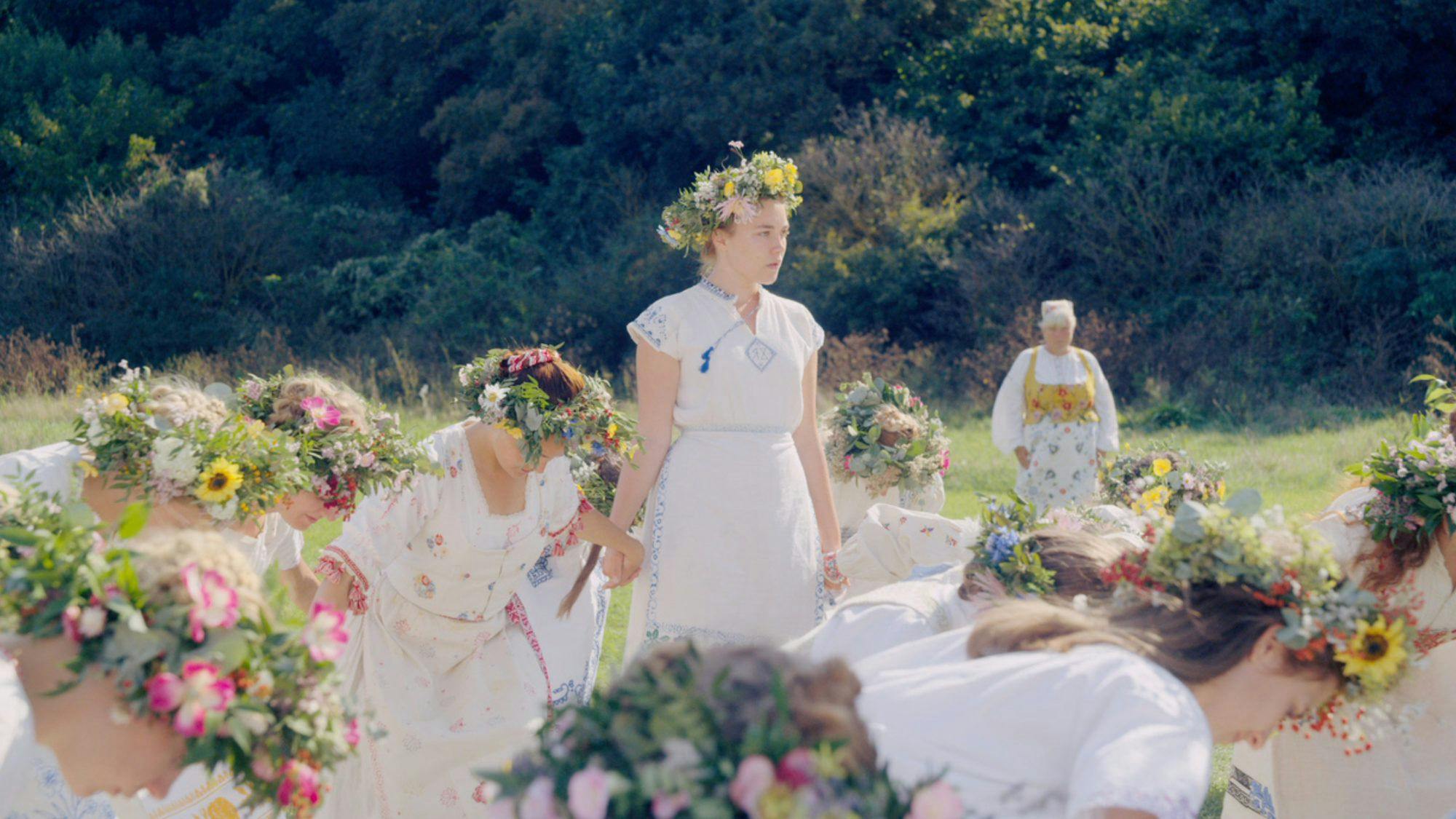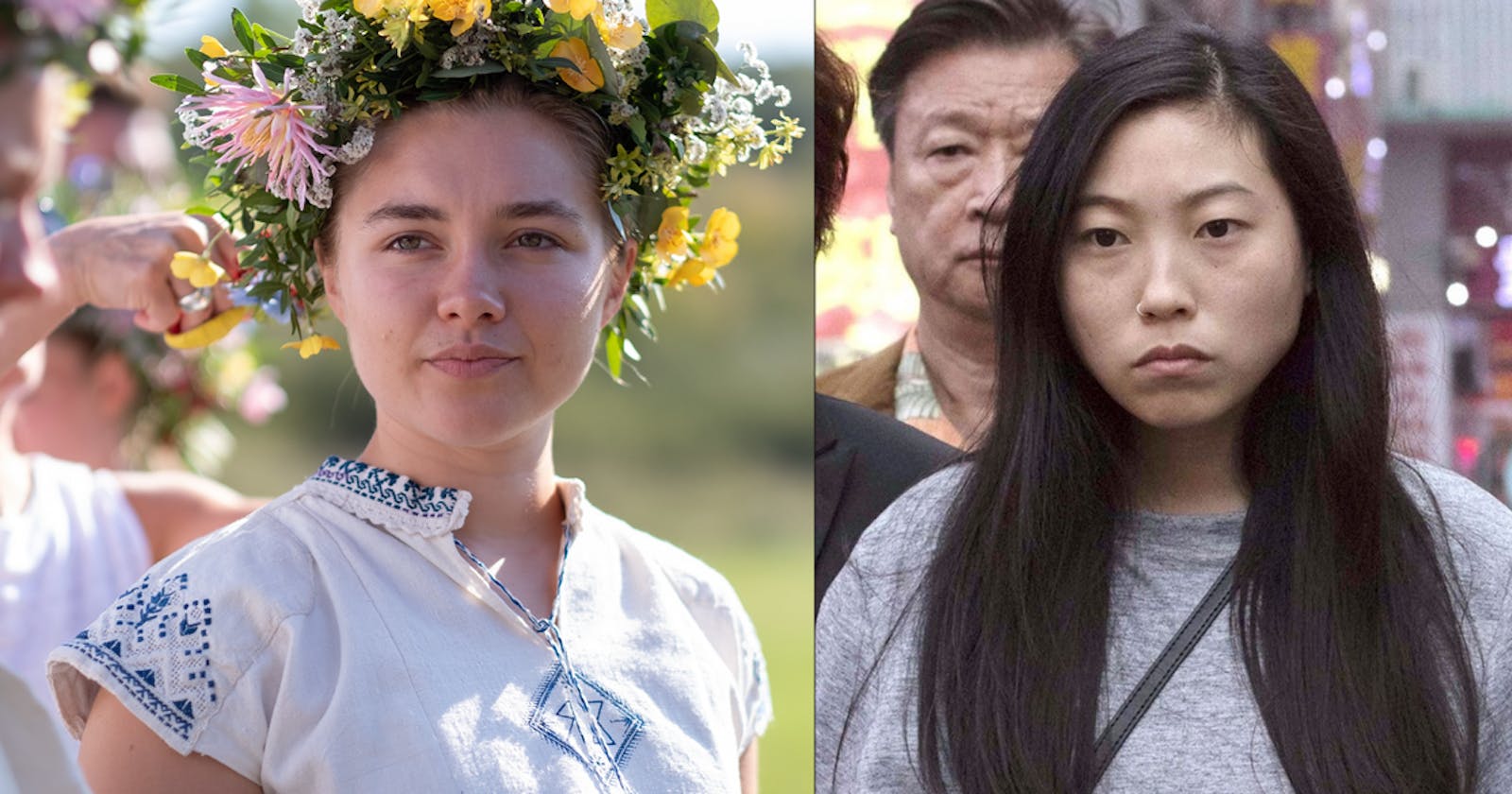When I think about Western values, the first things that come to mind are freedom, self-expression, and making it on your own. The kinds of stories we see on-screen often reflect this: the aspiring underdog, the lone hero, the rebel — classic character tropes that promote individualistic values. In recent times, however, these values are a bit harder to exercise.
Right now, we are enduring lockdowns and forced isolation for the sake of a common good. We are putting aside our individual aspirations today so that we can collectively prosper tomorrow. The American dream takes a backseat — but will this be temporary, or a larger cultural shift?
Even before the current pandemic, the fall of individualism has been speculated on. Freedom of choice can be an overwhelming burden, especially for young people who feel like the trajectory of their lives hinge on their immediate decisions. The concept of loneliness, some argue, is a relatively recent phenomenon that began a century or so ago, caused by the societal pressure to pursue independence. Worst of all, in a society where people are mainly looking after themselves, the vulnerable tend to be left behind — and this has only been exacerbated by the current global instability. It’s easy to see why socialism is growing in popularity.
For an example of how the cultural zeitgeist may be shifting, let’s look at two American films released in 2019. The first is The Farewell, written and directed by Lulu Wang. The second is Midsommar, written and directed by Ari Aster. Both are available on Amazon Prime Video.
The two have plenty of surface-level things in common — they are both distributed by A24, they were both snubbed at the Oscars, and both are about a woman from New York who travels to a different country. The most poignant connection that they share is their protagonists’ character arcs, which are propelled by grief and articulate the emotional importance of community. The films use these character arcs to assess the merits of individualism and collectivism, and though collectivism “wins out” in both, the films allow the audience to fully appreciate the richness and complexity of both value-sets.
(Spoilers ahead for Midsommar and The Farewell)
In The Farewell, Billi (Awkwafina) finds out that her grandmother, Nai Nai (Zhao Shuzhen) has been diagnosed with cancer, and is expected to have only three months to live. Billi, who was raised in America, wants to tell her grandmother the truth about her situation. After all, wouldn’t her grandmother want to choose for herself how she spends her last days? Billi’s Chinese family, on the other hand, insists on lying to Nai Nai to preserve her peace of mind. An impromptu wedding is planned so that Nai Nai’s family can gather together without arousing her suspicions.

The cultural divide is most explicitly highlighted when Billi’s uncle explains to her why Nai Nai should not learn the truth:
“You think one’s life belongs to oneself. But that’s the difference between the East and the West. In the East, your life is part of a whole. Family. Society. You want to tell Nai Nai the truth because you’re afraid to take responsibility for her. Because it’s too big of a burden. If you tell her, then you don’t have to feel guilty. We’re not telling Nai Nai because it is our duty to carry this emotional burden for her.”
After understanding her family’s motivations, Billi stops trying to tell Nai Nai the truth — in fact, she rises to the occasion to make sure the deception continues. She learns that accepting the choices of your family does not have to be a passive act that robs you of your freedom. It can be an active choice of restraint.
Billi’s character arc in the film, as she navigates her cross-cultural identity, allows the audience to appreciate Eastern values without dismissing Western values. She is stuck in the middle of both. Everyone can relate to situations like Billi’s, where we need to decide whether to prioritize ourselves or others. At what point does self-care become selfishness, and at what point does helping others involve too much self-neglect? Billi learns that she has the capacity to endure Nai Nai’s emotional burden, and putting her family’s needs before her own is an exercise of love that makes her stronger. It’s a lesson much more in line with Chinese values than American values.
A similar cross-cultural contrast is shown in Midsommar. The film begins by introducing us to the protagonist Dani (Florence Pugh) just as she loses her entire family in a tragic incident. All she has left is her boyfriend Christian (Jack Reynor), who is selfish and emotionally unavailable. She leans on him for support in spite of his flaws. This toxic dynamic is a ringing indictment on the pitfalls of individualism. Dani’s vulnerability and grief is seen as a nuisance to Christian, who has zero interest in helping her handle her emotions. Dani is convinced that she has to put on a front of being okay in order to not annoy Christian and keep him around. Even if Christian sucks, she can’t bear to be any more lonely.

Dani and Christian, along with Christian’s friends, are American college students who go on a trip to Sweden. There, they observe a traditional celebration by the Hargas, a small commune that is slowly revealed to be a murderous cult. In contrast to Dani’s loneliness, the Hargas are a tight-knit community that collectively takes care of each of its members.
This contrast is made most explicit by Christian’s Swedish friend Pelle (Vilhelm Blomgren), who was raised by the Hargas. Pelle, like Dani, also lost his parents. He compares his experience to hers:
“I never got a chance to feel lost. Because I had a family - here - where everyone embraced me and swept me up and I was raised by a community that doesn’t bicker over what is theirs and what is not theirs. That’s what you were given. But I have always felt held. By a family. A real family. Which everyone deserves. And you deserve. […][Christian]’s my good friend and I like him… But Dani, do you feel held by him? Does he feel like home to you?”
Pelle is pointing out that Dani’s loneliness and helplessness, and Christian’s inability to help her, are a product of America — it is much easier for the vulnerable to be neglected in an individualistic society.
At the end of the movie, Dani’s fragile emotional state can no longer stay bottled up. She witnesses Christian having sex with a Harga woman (he was manipulated into this, but like, kinda not really). She snaps and breaks down in tears. A mob of Harga women cry with her, demonstrating the empathy and solidarity that she has been craving the entire film. The Hargas offer her a choice to sacrifice Christian for the festival, which she accepts, indicating her full indoctrination into the cult. The movie ends with her finally smiling, at peace with her new family. Her need to be held, to feel at home, is more important at this point than the horrible actions of the Hargas, or any affinity she still had for her American way of life.
Midsommar, much like The Farewell, articulates the emotional importance of community and family. The films accomplish this through Dani and Billi’s slow transformations, sparked by their introduction to collectivist values. The decisions that both characters make at the end of the film are so emotionally powerful because of how revelatory they are to the characters themselves. It’s fantastic storytelling.
To be clear, the films do not dismiss Western values. Billi still goes back to New York to lead her own life, and Dani’s mental breakdown and subsequent assimilation to a cult can hardly be considered a happy ending. Midsommar and The Farewell acknowledge that there is nuance involved when evaluating different cultural philosophies. By doing so, the two films demonstrate that there’s plenty of room in American cinema to hear “outside” perspectives on what American values are and what they ought to be, and that it’s not a threatening thing. In our current times of global crisis, it’s more important now than ever to think about how we can support one another, and to do what’s best for our communities.
In a way, The Farewell and Midsommar *had* to cover the dynamic between Eastern and Western philosophies with the nuance that they did. The American value system is so familiar to us that we would feel cheated if it were depicted in a shallow manner, especially when contrasting it with collectivist values. I wish the reverse was true — imagine pro-individualism films, a common sight in American cinema, fully synthesizing the collectivist viewpoint for its viewers. Of course, this is rarely a consideration for the dominant ideology — and both Western cinema and the Western world lose out from this lack of consideration.

